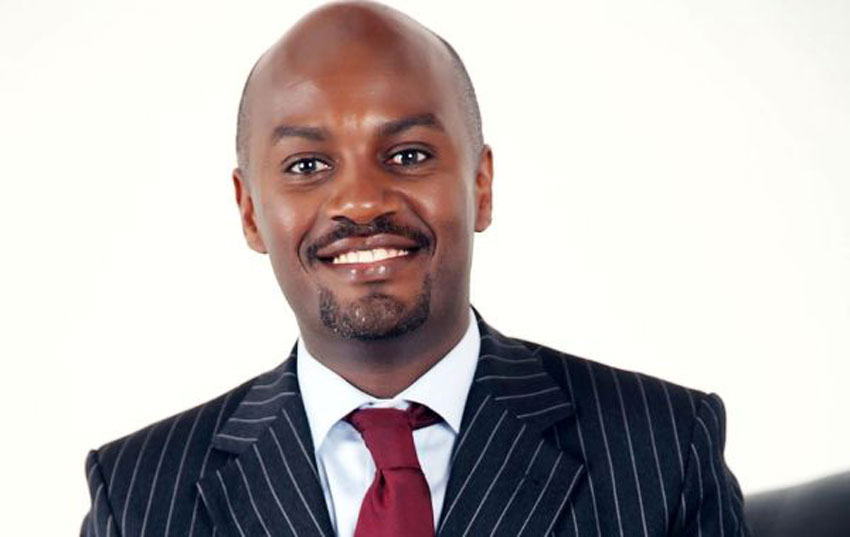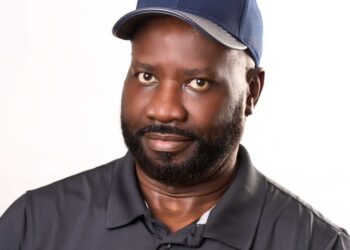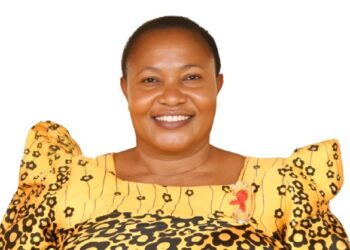Opposition leader Dr. Kizza Besigye has argued that elites in Uganda are the most useless group in the country. Let us test this thesis and seek to prove what it reveals. The beginning point is poverty statistics from our Uganda Bureau of Statistics (UBOS) 2018. We know that the more educated one is, the higher is the likelihood that they will be living in urban areas, have a higher income and therefore the more elite they will be. The highest concentration of elites in Uganda is in Kampala and Wakiso districts. These are the places letting Uganda down, right?
The districts in Uganda with the lowest number of people living in poverty are Kampala (2.6%) and Wakiso (2.7%). The districts with the highest number of people living in poverty are Kotido (73.4%) and Nabilatuk (73.1%) both in Karamoja region. While NRM has failed to deliver much to these semi educated, rural and poverty-stricken people, Besigye would like us to believe that these are the real hope for Uganda who understand our reality better and thus are able to make superior political choices than elites in Kampala, right?
In the 2016 elections, Besigye beat President Yoweri Museveni in Kampala with 66% of the vote against 31%. In Wakiso, Besigye won by 60% against 37% for Museveni. Meanwhile the semi literate and poverty-stricken people of Kotido voted 91% for Museveni and only 3.5%. In Moroto Museveni got 90% against Besigye’s 5.6%. Besigye is therefore saying the elites in Kampala and Wakiso who vote overwhelmingly for him have let the country down – unless, of course, Besigye is taking of the richest one percent of Ugandans. This group is highly privileged and therefore invested in the status quo. To expect them to vote for change is naïve.
There are other factors that influence voter behavior and identity is a powerful one. Museveni has spent his political life arguing against the role of identity (ethnicity or religion) in shaping political choices. But his arguments cannot change human nature – we humans are genetically tribal in our thinking. I will not devote space dealing with this subject because the neural psychologist, Joshua Greene, has written an insightful book on the subject titled “Moral Tribes” which a highly recommend for you the reader.
The other districts with the lowest levels of poverty in the top ten districts of Uganda are Sheema 5.9%, Bushenyi 6.9%, Mbarara 7.0%, Kalangala 7.2%, Kiruhura 8.2%, Kabarole 8.7% Mukono 8.9% and Rukungiri 8.9%. Except for Mukono and Kalangala, all these districts are located in Museveni’s tribal homeland of Ankole and its northern neighbor Toro. Kalangala must be rich because of BIDCO and its oil palm business. See how wrong I was when I fought Museveni in 2005 for giving land and tax incentives to BIDCO to begin planting oil palm on that island? Mukono is in the top league because it is a town nearest to Kampala. Their riches are not tribal but an urban dividend.
Let us look at voting patterns in these places where fewer people live in poverty even though they are located in Museveni’s tribal homeland. In the 2016 elections, in Sheema Museveni got 70% of the vote against Besigye’s 28%, in Bushenyi Museveni got 69%, Besigye 30%; in Mbarara Museveni got 71%, Besigye 28%, in Kalangala Museveni got 54%, Besigye 43%; in Kiruhura Museveni got a cool 87%, Besigye a miserable 8%; in Kabarole Museveni got 76%, Besigye 22%; Mukono Museveni got 41%, Besigye 47% and in Rukungiri Museveni lost to Besigye by 48% to 50%.
Rukungiri is the home of Besigye and Museveni’s mother. So Besigye winning by that narrow margin is due to identity and residence. Kiruhura, the home of Museveni’s Bahima sub ethnic group, is also understandable. Yet in spite of the old Ankole being Museveni’s tribal home, Besigye was able to get close to 30% of the vote in each of those rich districts except Kiruhura. And most of his vote came from educated elites in towns like Mbarara, Sheema, Bushenyi, Fort Portal, etc. In Kalangala, which is less urbanized but rich and is not Museveni’s tribal home, Besigye got 43% and Museveni 54%. In Mukono, urbanized and not Museveni’s tribal home, Besigye beat Museveni by 47:41%.
Let us also look at the worst ten districts in our poverty league tables. Nabilatuk is the second poorest with 73.1% of its people living in poverty, Amudat is fourth at 64.3%, Napak 60.2%, Kaabong 53.9%, Nakapiripirit 53.1%, Serere 49.2%, Kween 48.2% and Agago 47.2%. Nabilatuk was not a district in 2016, so it has no results. In Amudat Museveni got 97% of the vote against Besigye’s 2%, Napaka Museveni 94%, Besigye 3%; Kaabong Museveni 89%, Besigye 4.4%, Nakapiripirit Museveni 95%, Besigye 3.5%; Serere Museveni 51%, Besigye 44%, Kween Museveni 71%, Besigye 26% and Agago Museveni 60%, Besigye 39%. Museveni swept the poor districts, even beating Besigye in Agago with 60%, a district in Acholi, previously the epicenter of resistance to his rule.
We can also look at voter turnout in these districts. Kampala and Wakiso had only 51% and 54% turnout respectively. Besigye’s quarrel perhaps is onlu right that his base votes least. Kotido and Moroto had 72% and 77% respectively. Outside Museveni’s tribal home in Ankole, voter turnout in Kalangala was 67%, in Mukono 63. And while Museveni’s home district of Kiruhura had 89% voter turnout, Besigye’s Rukungiri had 75%. In Napak (79%), Kaabong (87%), Nakaoiripirit (77%), voter turnout in Museveni rural strongholds was much higher than in Besigye’s urban strongholds.
The evidence from both elections and the numerous opinion polls and surveys done over the last 20 years give a clear and overwhelming verdict: the higher you climb the income and education ladder, the near you get to urban areas (i.e. the more elite Ugandans are), the higher is the support for the opposition i.e. the desire for change. And the reverse is true: the lower you climb the income and education ladder and the deeper you go into the rural areas (i.e. the less elite Ugandans are), the higher will be support for Museveni i.e. support for maintenance of the status quo.
The lesson from the above numbers is simple but fundamental. Elites in Uganda, except for the top one percent, are tired of the status quo and want change i.e. favor Besigye over Museveni. In saying the problem of Uganda is a useless elite class, is Besigye saying they are wrong to vote for him? Indeed they seem to be. Supporting a politics of radical extremists demanding change for change’s own sake, without examining the values, policies and social forces promoting this change is a danger to our country. This has been the persistent crisis of elites in Africa since independence. I rest my case!
Do you have a story in your community or an opinion to share with us: Email us at editorial@watchdoguganda.com













